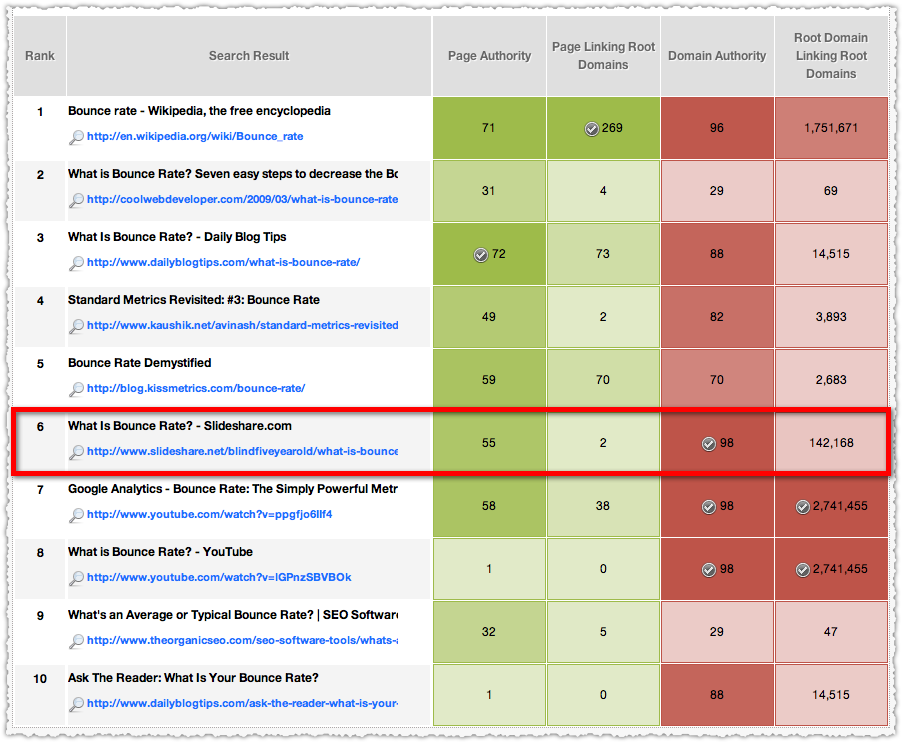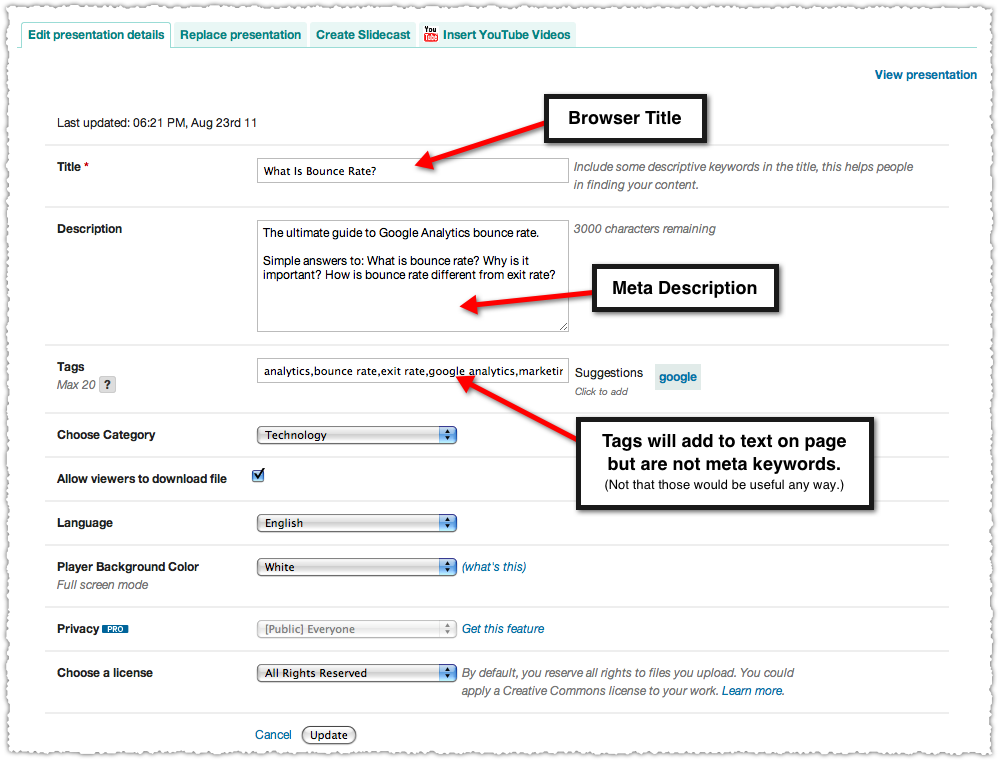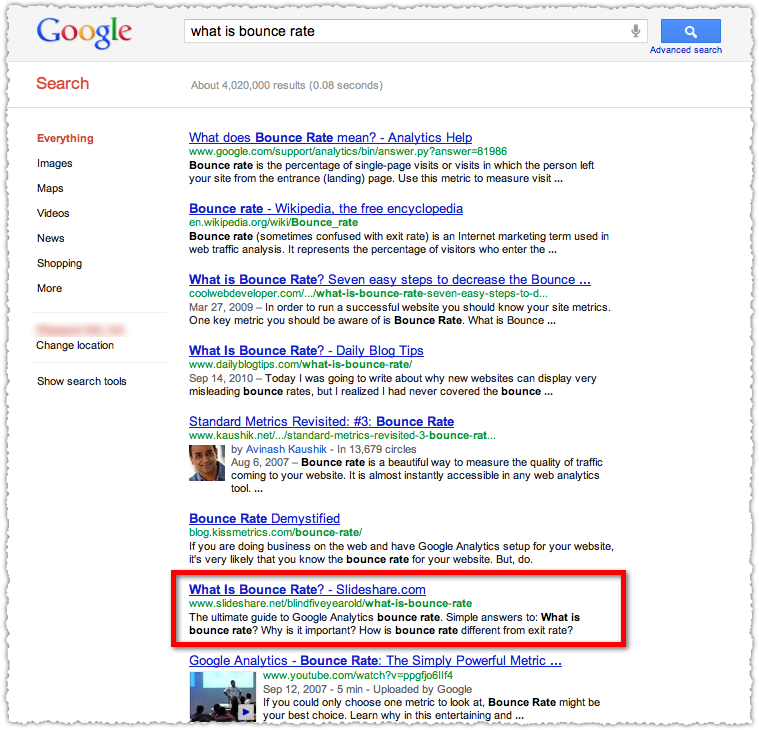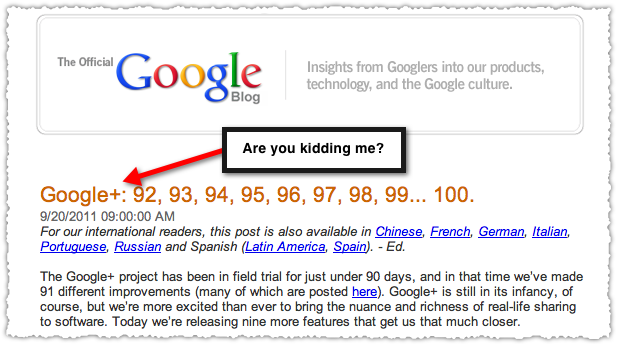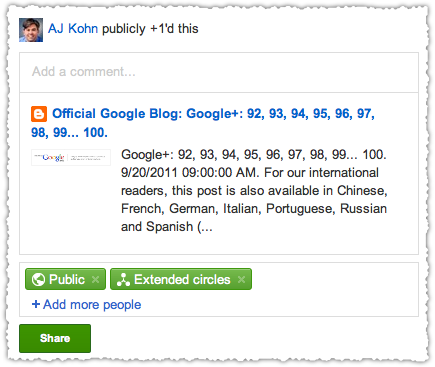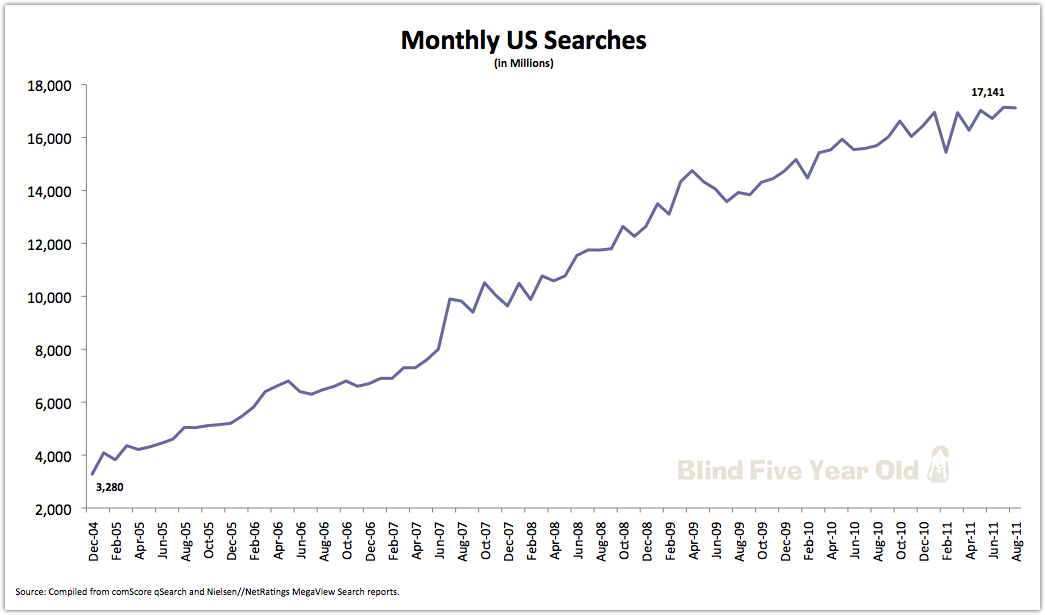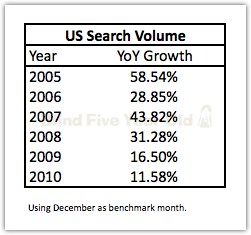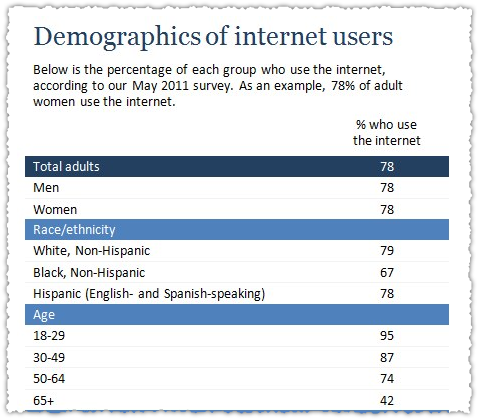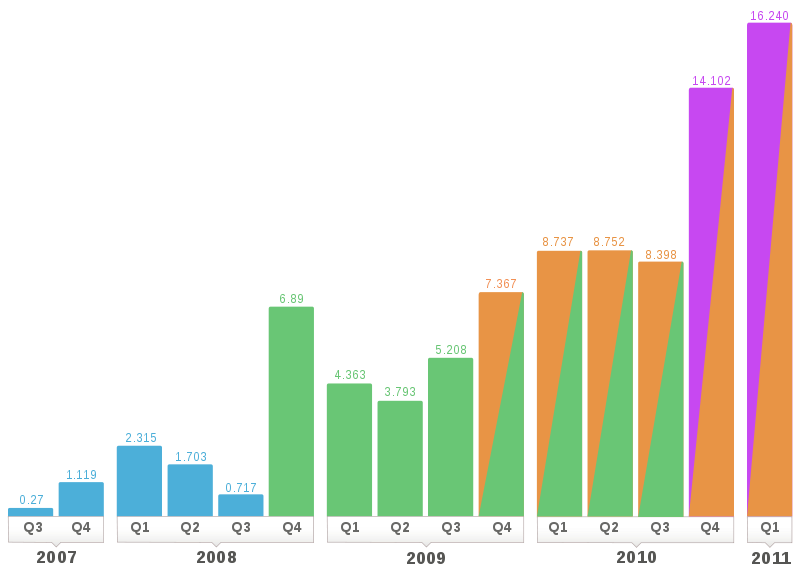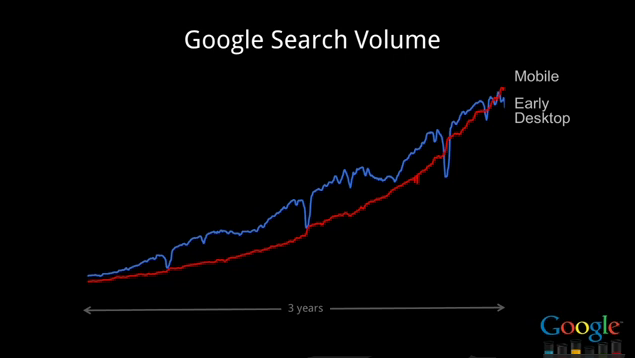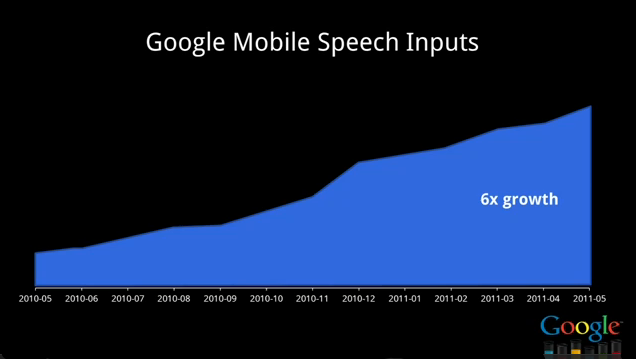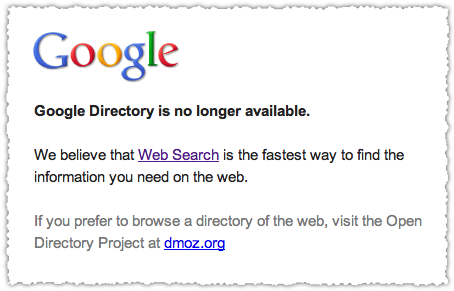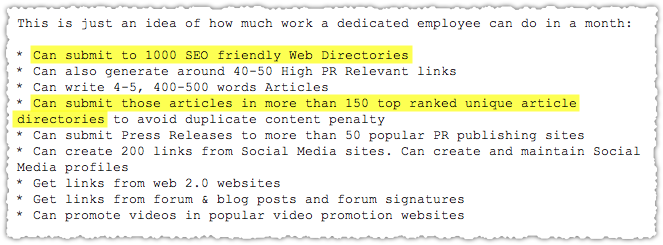Mozilla’s search partnership with Google expires at the end of November. What happens next could change search engine and browser market share as well as the future of Mozilla.
The Mozilla Google Search Partnership
Originally entered into in November 2004 and renewed in 2006 (for 2 years) and 2008 (for 3 years), the search partnership delivers a substantial amount of their revenue to Mozilla. In fact, in 2010 98% of the $121 million in revenue came from search related activity.
The majority of Mozilla’s revenue is generated from search functionality included in our Firefox product through all major search partners including Google, Bing, Yahoo, Yandex, Amazon, Ebay and others.
Most of that search revenue comes specifically from Google. The ‘Concentrations of Risk’ section in Mozilla’s 2009 (pdf) and 2010 (pdf) consolidated financial statements put Google’s contribution to revenue at 91% in 2008, 86% in 2009 and 84% in 2010.
Using the 2010 numbers, Mozilla stands to ‘lose’ $3.22 per second if the partnership expires. Mozilla is highly dependent on search and Google in particular. There’s just no way around that.
What does Google get for this staggering amount of money?
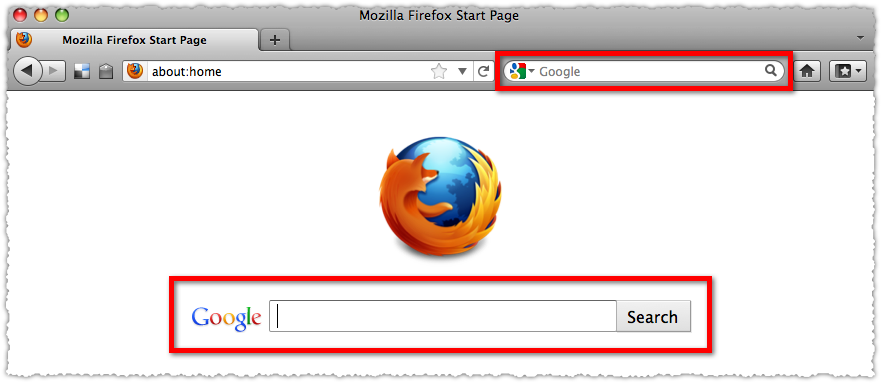
Google is the default search bar search engine as well as the default home page. This means that Firefox drives search after search to Google instead of their competitors.
Browser Share
Clearly browsers are an important part of the search landscape since they can influence search behavior based on default settings. As Mozilla points out, in 2002 over 90% of the browser market was controlled by Internet Explorer. At the time it made perfect sense for Google to help Mozilla break the browser monopoly.
The rise of Firefox helped Google to solidify search dominance and Mozilla was paid handsomely for this assistance.
However, it doesn’t look like Google was comfortable with this lack of control. Soon after the announced renewal of the search partnership in 2008 Google launched their own browser. At the time, I wrote that Chrome was about search and taking share from Internet Explorer.
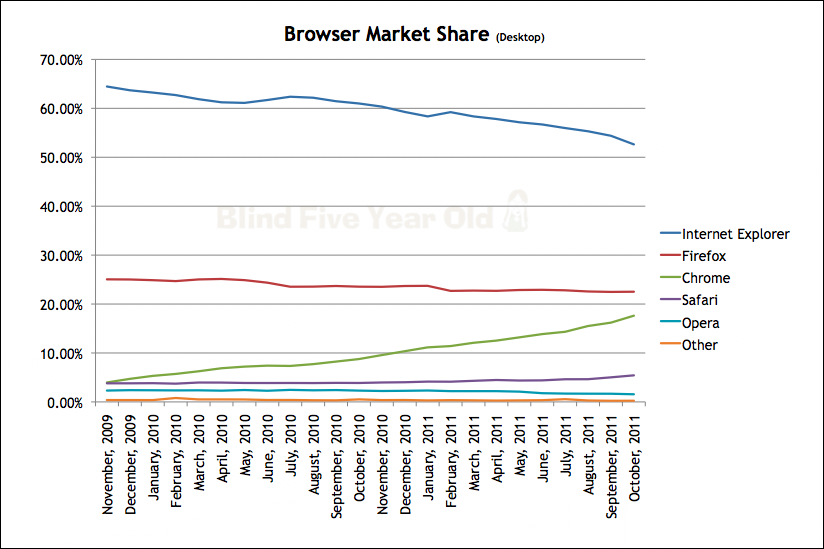
I still think Chrome is about search and the trend seems to indicate that Chrome is taking share (primarily) away from Internet Explorer. In short, Google sought to control its own destiny and speed the demise of Internet Explorer.
Mission accomplished.
Chrome is now poised to overtake Firefox as the number two browser. That’s important because three years ago Google had no other way to protect their search share. Chrome’s success changes this critical fact.
Toolbars
Toolbars were the first attempt by search engines to break the grip of Internet Explorer. Both Google and Yahoo! used toolbars as a way to direct traffic to their own search engines.
What happened along the way was an amazing amount of user confusion. Which box were you supposed to search in? The location (or address) bar, the search box or the toolbar?
This confusion created searches in the location bar and URL entries in the search bar. Savvy users understood but it never made much sense to most.
Location Bar Search
The result? For those that figured it out there is evidence that people actually enjoyed searching via the location bar.
How many searches are conducted per month via the address bar? MSN wouldn’t release those figures, but it did say that about 10 to 15 percent of MSN Search’s overall traffic comes from address bar queries.
The company has analyzed the traffic from users who search via the address bar and discovered both that the searches appear intentional in nature, rather than accidental, and that those making use of address bar searching do so frequently.
This data from 2002 indicates that the location bar default might be very valuable. Sure enough, the location bar default is part of the search partnership Mozilla has with Google.

This also happens to be the most difficult setting to change. You can change the search bar preference with a click and the home page with two clicks, but the location bar is a different (and convoluted) story.
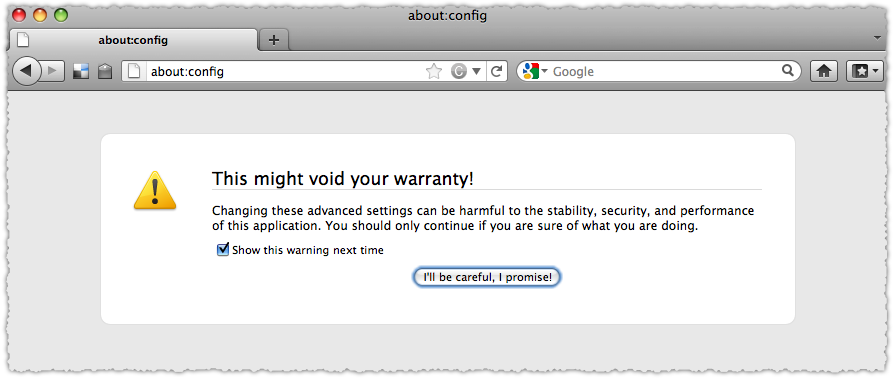
Most mainstream users aren’t going to attempt entering about:config into their location bar, but if they do this first screen will likely scare them off.
I recently had to revisit the location bar default because I took Firefox for Bing for a spin. This add-on, among other things, changes the location bar default to Bing and it remains that way even after the add-on is removed. That’s a serious dark pattern.
All of this makes me believe that the location bar might be the most valuable piece of real estate.
Omnibox
Having helped create confusion with their toolbar (now no longer supporting Firefox 5+) and seen the value of location bar searches, Chrome launched the omnibox, a combined location and search bar. The omnibox reduced confusion and asked users to simply type an address or search into one bar. Google would do the rest. Of course, the default for those searches is Google.
The omnibar seems to be a popular feature and why wouldn’t it be? Users don’t care what field they’re typing in, they just want it to work. You know who else thinks this is a good idea? The Firefox UX Team.
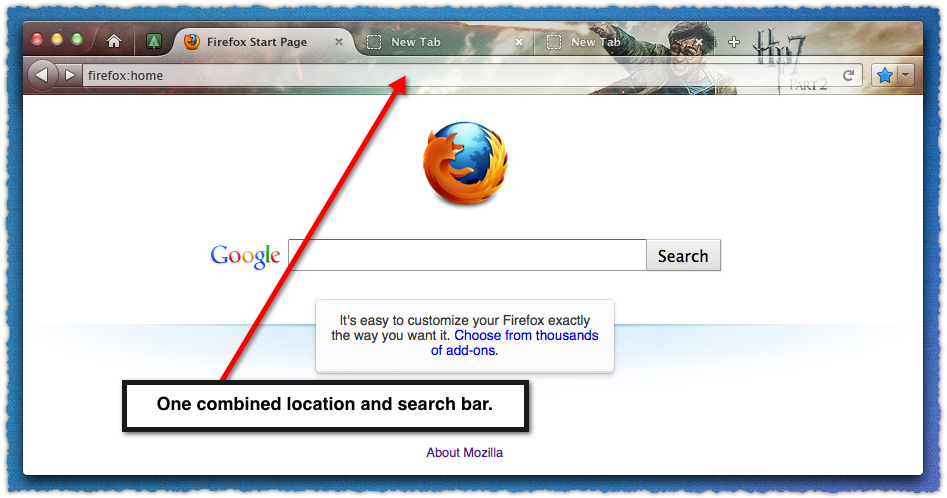
While these mockups are for discussion purposes only, it’s pretty clear what the discussion is about. According to CNET, a combined Firefox search-and-location bar is being held up by privacy issues. That was in March and the latest release of Firefox (just last week) still didn’t have this functionality.
Back in late 2009 Asa Dotzler had a lot to say about the independence of Firefox and how they serve the user.
Mozilla’s decisions around defaults are driven by what’s best for the largest number of users and not what’s best for revenue.
It’s not about the money. The money’s there and Mozilla isn’t going to turn it down, but it’s not about the money. It’s about providing users with the best possible experience.
Great words but have they been backed up with action? Both users and the Firefox UX Team are lobbying for an omnibox, the Firefox for Bing add-on is a clear dark pattern and the ability to change the default location bar search engine is still overly complicated.
Is this really what’s best for users?
Don’t Count On Inertia
If Mozilla were to switch horses and cut a search deal with Bing, they’d be counting on inertia to retain users and their current search behavior. The problem is that Firefox was marketed as the solution to browser inertia.
Before Firefox many users didn’t even understand they could browse the Internet with anything but Internet Explorer. Those same users are now more likely to switch.
It’s sort of like being the other woman right? If he cheats with you, he’s also liable to cheat on you.
With a search bar still in place users can easily change that default. Firefox would be counting on location bar searches and the difficulty in changing this default to drive revenue. You might get some traction here but I’m guessing you’d see browser defection, increased search bar usage and more direct traffic to the Google home page.
With an omnibar in place Firefox would be running a very risky proposition. Many mainstream users would likely migrate to another browser (probably Chrome). More advanced Firefox users would simply change the defaults.
You could move to an omnibar and make the default easy to change, but both Firefox and users have made it abundantly clear that they prefer Google. So how much would a Bing search partnership really be worth at that point?
Can Bing Afford It?
Bing is losing money hand over fist so it’s unclear whether Bing can actually pony up this type of money anyway. If they did, it could cause browser defection and other behavior that would rob the search partnership of any real value and put Firefox at risk.
Even if Bing pirated half of the searches coming from Firefox, that’s not going to translate into a real game changer from a search engine market share perspective.
Mozilla could partner with Bing but I don’t think either of them would like the results.
Mozilla in a Pickle

If Google is the choice of users (as Firefox claims) installing a competing default search engine may hasten the conversion to Chrome. This time around Mozilla needs Google far more than Google needs Mozilla. I’m not saying that Google doesn’t want the search partnership to continue, but I’m betting they’re driving a very hard bargain.
Google no longer has a compelling need to overpay for a search default on a competing browser. I have to believe Mozilla is being offered a substantially lower dollar amount for the search partnership.
I don’t pretend to know exactly how the partnership is structured and whether it’s volume or performance based but it really doesn’t matter. Google paid Barry Zito like prices back in 2008 at the height of the economic bubble but the times have changed and Google’s got Tim Lincecum (Chrome) mowing down the competition.
Mozilla and Google are playing a high stakes game of chicken. The last renewal took place three months prior to the expiration. We’re down to two weeks now.
This time the money might not be there.
TL;DR
The search partnership between Mozilla and Google expires at the end of November. The success of Chrome gives Google little incentive to overpay for a search default on Firefox. This puts Mozilla, who receives more than 80% of their revenue through the Google search partnership, in a poor position with few options.






